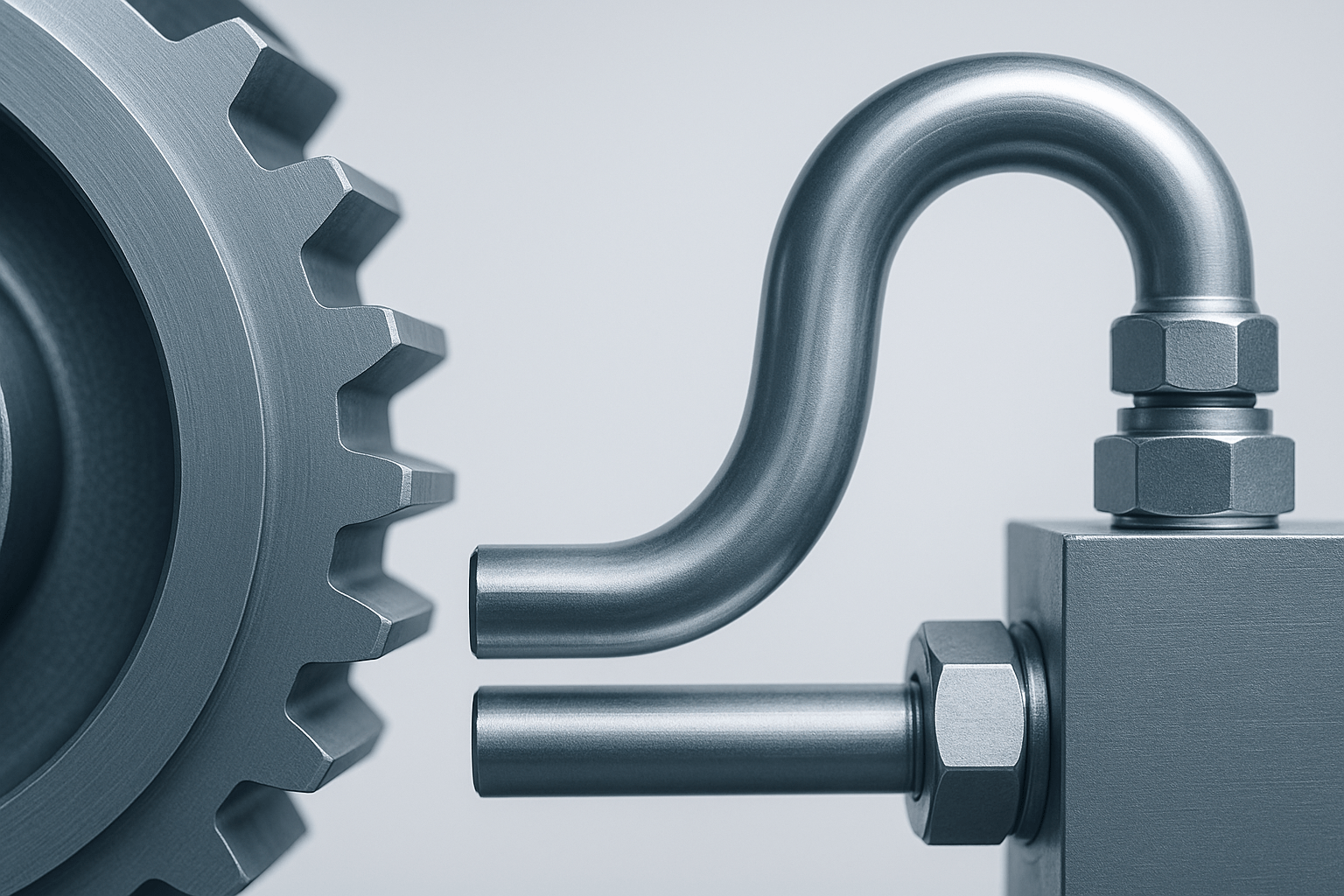Regular maintenance of recycling equipment is vital for ensuring operational efficiency and extending equipment lifespan. Without proper upkeep, compactors and balers may suffer from frequent breakdowns, leading to costly repairs. The focus on maintenance is not just about prevention but also optimizing performance.
Recycling equipment plays a crucial role in waste management operations, and maintaining it efficiently can make a significant difference. When routine checks and maintenance schedules are neglected, the likelihood of unexpected failures increases. Tasks such as regular inspections and timely repairs should be part of your maintenance regime to avoid disruptions. This article provides insights into how you can maintain your recycling machinery effectively and what practices are most beneficial in prolonging its use. Regular baler repair is one of the key practices to ensure your equipment remains in top condition.
Implementing routine maintenance practices
To keep your recycling equipment in optimal condition, implementing regular maintenance practices is essential. Start by establishing a comprehensive maintenance schedule that includes daily, weekly, and monthly checks. Daily checks might involve inspecting hoses for leaks or ensuring all moving parts are properly lubricated. Weekly tasks could include cleaning the equipment thoroughly to remove any debris that could cause blockages.
Beyond these routine checks, monthly inspections should focus on more detailed assessments such as checking hydraulic systems and ensuring sensors and control systems are functioning correctly. Regularly replace worn-out parts to prevent unexpected breakdowns. Using original manufacturer parts is recommended to maintain the integrity and performance of the machines.
Training staff to recognize early signs of wear and tear can also be invaluable. Empowering your team with knowledge about basic troubleshooting can help in identifying issues before they escalate into serious problems, saving both time and money in the long run.
Ensuring efficient operations
Scheduling regular maintenance is key to ensuring that your recycling operations remain smooth and efficient. Consistently adhering to a maintenance calendar prevents minor issues from developing into major malfunctions that could disrupt operations. Including tasks such as regular inspections within this schedule is crucial for maintaining efficiency.
When you focus on timely repairs and upkeep, downtime is minimized, which enhances productivity significantly. It’s important to collaborate with professional service providers who understand the specifics of your machinery for expert maintenance support. This collaboration ensures that all aspects of your equipment are assessed by skilled technicians.
Moreover, efficient operations depend on having access to quality spare parts when needed. Establish relationships with reliable suppliers who can provide genuine parts swiftly, reducing waiting times during repairs and ensuring that your machines return to full functionality quickly.
Adopting best practices for maintenance
Adopting best practices in maintaining recycling machinery can lead to enhanced performance and longevity of the equipment. One essential practice is keeping detailed records of all maintenance activities, including what was done, when it was done, and any parts replaced. This documentation helps track the health of the machinery over time.
Another effective practice involves investing in training programs for your maintenance team. Keeping them updated on the latest techniques and technologies ensures they are well-prepared to handle any issues that arise. Training also enhances safety standards by educating staff on proper handling procedures.
Incorporating new technologies such as predictive maintenance software can also significantly improve maintenance strategies. These tools analyze data from your machines to predict potential failures before they occur, allowing for proactive measures rather than reactive fixes.
Proper maintenance of recycling equipment not only ensures efficient operations but also contributes to sustainability by optimizing resource use and minimizing waste generation during processing activities. This alignment with environmental goals enhances the reputation of businesses committed to eco-friendly practices.

